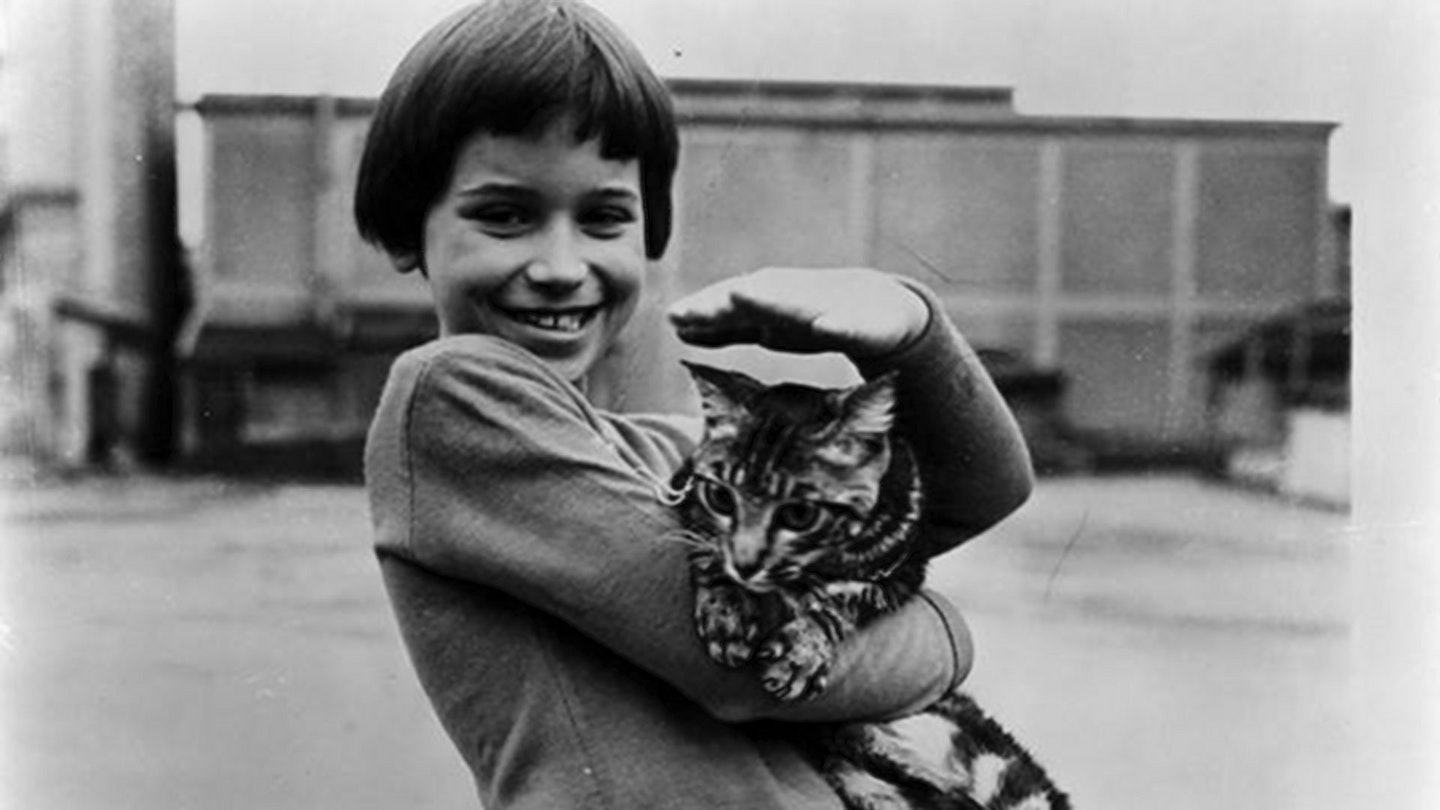Having established a reputation for intense dramas, Louis Malle surprised everyone with this freewheeling adaptation of Raymond Queneau's 1959 novel, which had originally been slated as a project for René Clément. The book - which had also inspired a comic-strip and a stage play - had essentially been a series of elaborate word games, in which Queneau explored the efficacy of language through Parisian slang. But Malle and co-scenarist Jean-Paul Rappeneau sought to translate these verbal pyrotechnics into visual images and packed the picture with sight gags, trick shots, speed changes, superimpositions, jump cuts and references to other movies. However, this Left Bank blend of New Wave homage and lampoon divided the critics, with some commending its dazzling virtuosity, while others considered it to be a piece of self-conscious intellectual posturing and others still a chaotic mess.
François Truffaut declared Zazie to be madly ambitious and hugely courageous' and there's no denying the audacity of Malle's allusions to Ferdinand Zecca, Georges Méliès, Mack Sennett, Buster Keaton and Federico Fellini, among many others. But this was no mere grab-bag of bygone techniques, as Malle and cinematographer Henri Raichi successfully transformed Paris into the surreal playground that it clearly appeared in the tweenager's Alice in Wonderland imagination. Moreover, Uncle Gabriel's music-hall connections provided the perfect excuse for an evocation of old-fasioned illusionism, that prompted some to see him as a cinéma du papa' to his niece's nouvelle vague.
But while this may have represented a significant stylistic change of tack, Zazie explored the theme of a juvenile attempting to cope with the adult world to which Malle would return in La Souffle au Coueur, Lacombe, Lucien, Pretty Baby and Au Revoir les Enfants. Yet while these considerably more controversial films found international audiences, Zazie's madcap humour didn't travel well. Indeed, it only proved a minor hit in France itself. However, it has since been acclaimed for its satirical digs at consumerism and American colonial imperialism and its gleefully inventive iconoclastic exuberance.
